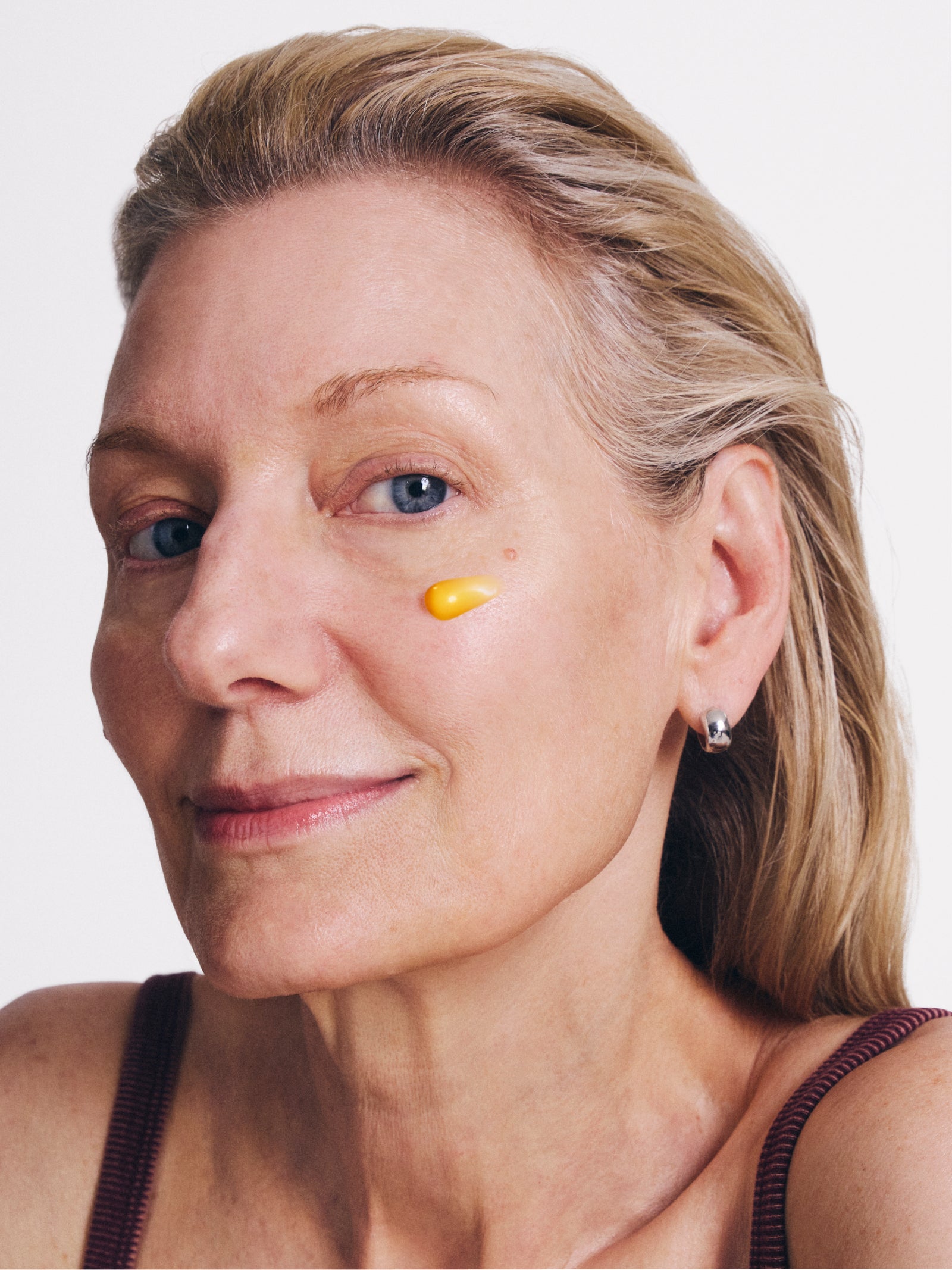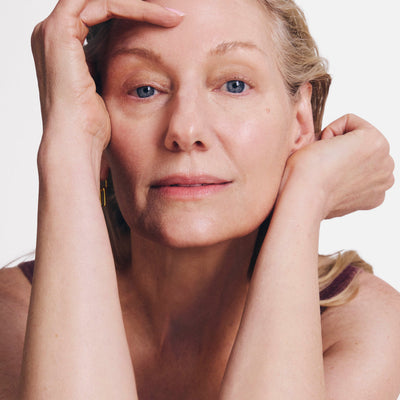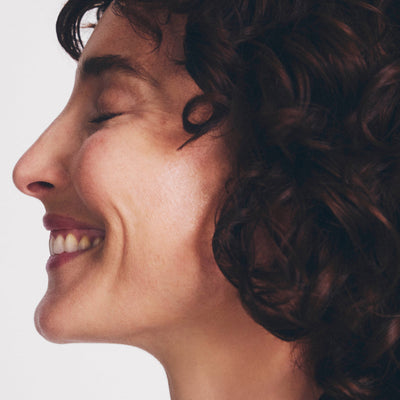TikTok has decreed many important reminders as of late: you should be listening to 4 Non Blondes more often, you should keep a running Betrayal List, and most intriguingly: you can actually eat your skincare.
From chowing down on retinol with a carrot salad to getting in your collagen via salmon skin or a bit of niacinamide with avocado, some of our favourite skincare creators insist that you can actually eat your skincare routine.
We chatted with nutritionist Rebecca Gawthorne to put this advice to the test.
Can diet replace your skincare routine?
“Not exactly. When you apply vitamin C or retinol topically, it targets the skin directly in a concentrated form. When eaten, those nutrients are shared throughout the body and may not reach the skin in the same high doses.
That said, oral nutrients still matter. For example, vitamin C supports collagen formation internally, vitamin A regulates cell turnover, zinc aids healing, and dietary collagen provides amino acids that help the body produce its own collagen.
It’s best to combine both—topical for targeted action, nutrition for long-term skin support.”
@danicolexx Eating this keeps my skin glowinggg #retinol ♬ original sound - Dani
How does our body process micronutrients?
“Micronutrients are the vitamins and minerals our body needs in small amounts to keep us healthy and help our body function.
When we eat food, it’s broken down (digested) by our body, starting in the mouth, then down the oesophagus, into the stomach, and then into the small intestine where they are absorbed through tiny finger-like structures called villi into the bloodstream.
From there, they are then transported around our body to do the essential work they need to do.”
And that work involves caring for our skin?
“Essentially, micronutrients don’t just travel to the skin, they’re distributed throughout the body to perform hundreds of interconnected roles that keep all our body systems running optimally.”
How does food and nutrients affect your skin?
“Both the macronutrients and micronutrients in our food impact our skin—what we eat literally builds it. Every cell in our skin is made from the nutrients we get through food and our skin often reflects what’s happening inside our body.
Diets rich in antioxidants (like vitamins C and vitamin E), healthy fats, zinc, and protein help support collagen production, strengthen the skin barrier, and reduce inflammation.
Fibre and probiotics are also key for good gut health. And studies are also showing our gut health impacts our skin health, so these are key too.
On the flip side, diets lacking nutrients and those low in fibre or high in refined sugars can cause deficiencies and increase inflammation and oxidative stress, which may contribute to breakouts or dullness.
So while diet can’t replace your skincare routine (and vice versa), it absolutely supports and enhances it from within.”
@gracemayofficial I better get clear skin after this 🥗🐟 #mukbang #clearskin #cleaneating Ib: @Dani ♬ Summer and Brunch - ruuka
What's the best diet for healthy, glowing skin?
“Nutrition builds the foundation. A diet high in plant foods (vegetables, fruit, whole grains, legumes, nuts, seeds, herbs, and spices), antioxidants, healthy fats, protein, and water supports healthy skin from the inside out.
Think of skincare as the ‘outer defence’ and nutrition as the ‘inner nourishment.’ When you combine both, you’re giving your skin the best chance to thrive.”














Comments